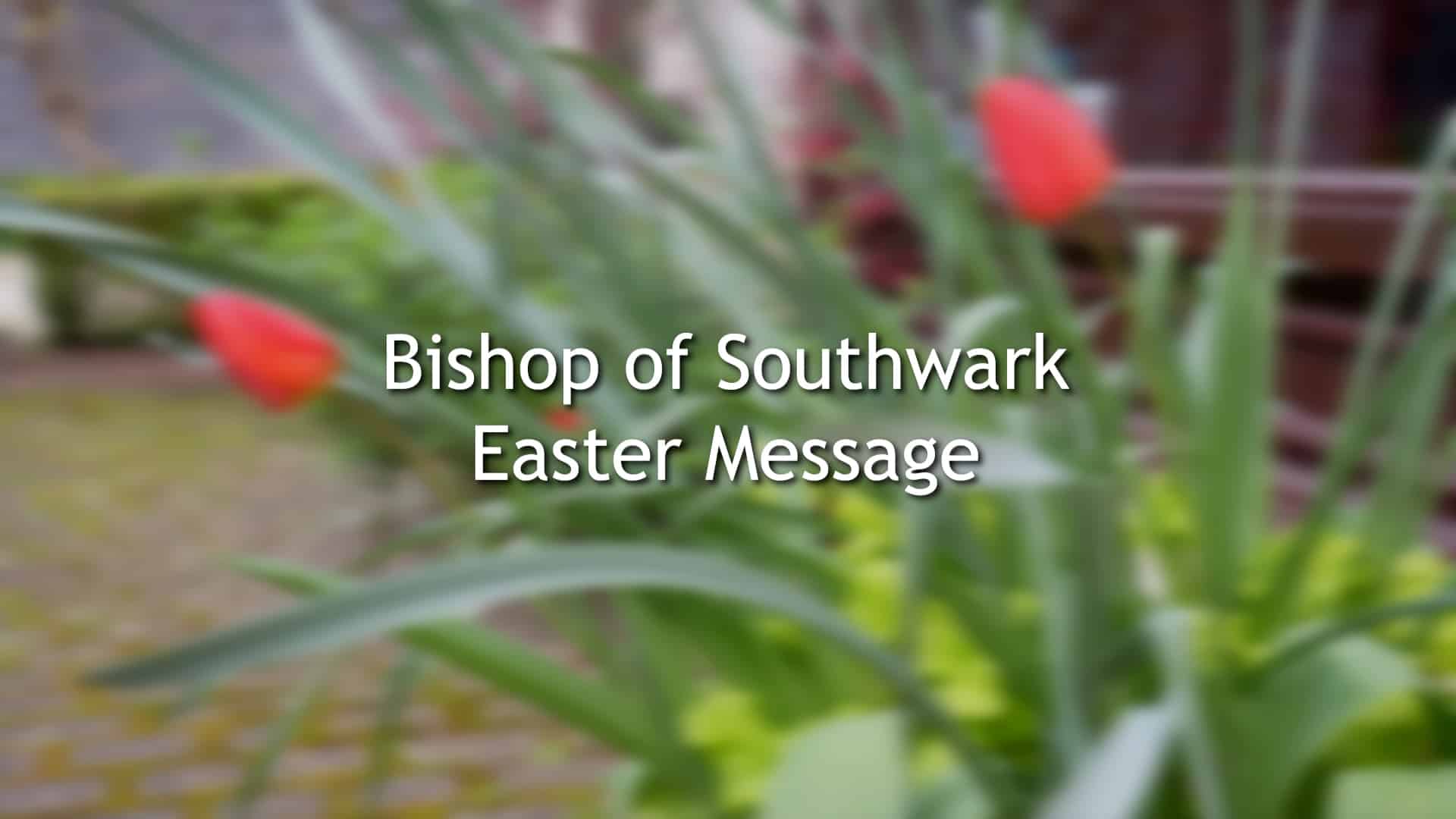The month of February can be seen as a pivotal one in the liturgical calendar. On 2 February we celebrate the presentation of Christ in the Temple with the powerful image of the elderly Simeon holding the infant Christ in his arms. The story both looks back to the birth of Christ and the idea of incarnation (Emmanuel – God with us) and also forward to the death and resurrection of Christ and the salvation it will bring for all. Just after the end of February we move into Lent – the time of examination of our lives, repentance and preparation for a deeper understanding of the salvation which comes from God’s self-giving love expressed in Christ’s death and resurrection.
In some ways the month of February might also be a pivotal one in our journey through the pandemic, which has had such a profound impact on all of our lives and world. It has raised substantial fears and anxieties, and many people both in the church and the wider world have a deep sense of both loss and exhaustion. The heroic efforts of those in the health and care sectors, and many others, combined with the extraordinary success of science in developing effective vaccines and treatments have brought us to a place where we might dare to hope that the worst effects are now receding, although we must have a clear eye on the global picture where there is huge work still to be done.
In our journey through the pandemic so far most of our energy has been used up in simply surviving from day-to-day amidst the many changes and adaptations we’ve had to make both to daily life and the whole way we run our churches. There have, of course, been many theological and spiritual questions which our experience of the pandemic has raised, but so far we have not really had the time or energy to enter into these deeply as we cope with the loss and exhaustion we have experienced.
Perhaps we might use the month of February as we look back to the presentation of Christ in the Temple and forwards to Lent, Holy Week and Easter, as a pivotal time to explore how God might be calling us to live and be as the Church in the world in the light of our experience of the pandemic. In the declaration of assent made by those beginning new ministries we are encouraged to “proclaim the Gospel afresh in each generation”. In many ways the pandemic has so changed our world that it might be seen as a generational shift in a very short space of time. So we have some fresh thinking to do.
In our own Diocesan Vision thinking, the five Anglican Marks of mission have played an important role as they have in both the national Church of England vision and also the wider Anglican Communion. They are a very helpful way of thinking about mission in a holistic manner if we can thoroughly intertwine them in our understanding of God’s salvation in Christ for all of creation. The Lambeth conference in the summer has an overarching theme of “God’s Church for God’s World”. It will aim to engage the Gospel deeply with major and pressing issues of the pandemic response, our care for the planet, our engagement with science, work for peace and justice across the world.
I hope and pray that as we move through February and this year we will find it to be a pivotal time in our growing understanding of how God is speaking to us about the deep hope for all creation, made known in Christ.






